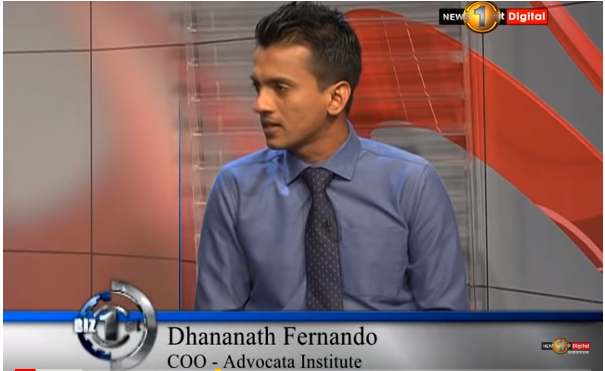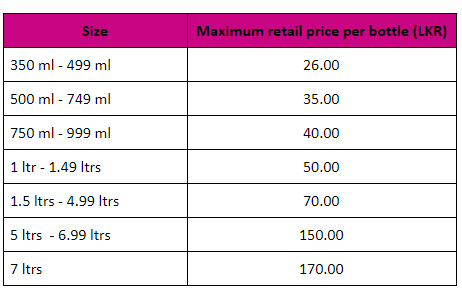Advocata, along with Echelon Magazine with it's new event series Think! will host Prof Razeen Sally for a talk on the state of Asian Capitalism and what it means for Sri Lanka.
Prof Razeen Sally, Associate Professor at the Lee Kuan Yew School of Public Policy at the National University of Singapore. He is also Chairman of the Institute of Policy Studies, Sri Lanka.
Eshini Ekanayake, Economist at JB Securities will moderate the Q&A.
Capitalism has had an astoundingly successful run since the 1950s, especially in East Asia. With China now at its centre, and, to a lesser extent, in South Asia, what will be Asian capitalism’s challenges in the next half-century? And what will it mean for Sri Lanka?
Prof. Sally will look at the three facets of Asian capitalism: economic, political, and global.
First, its economic face. So far Asia has had successful “catch-up” growth based on mobilising labour and capital, and imitating what the West has already done. Poor Asia (low-income and lower middle-income Asia) still has much room for catch-up growth. But Middle and Rich Asia (upper middle-income and upper-income Asia) have either exhausted catch-up growth or come close to exhausting it. Their challenge is to innovate, to move to more productivity-based growth. They need the “creative destruction” of “Schumpeterian” capitalism. So what are their innovation challenges?
Second, Asian capitalism’s political face. What are the varieties of institutions that underpin Asian capitalism? Are they equipped to move to Schumpeterian capitalism? What are the obstacles? Is Schumpeterian capitalism possible in a Chinese-style autocracy? Or does it need Western-style liberal democracy and “open societies”?
And third, Asian capitalism’s global face. Asian capitalism has been successful in a global and regional environment of stability and openness – the post-1945 Pax Americana. US leadership has provided geopolitical security and the maintenance of a liberal world economy. But these conditions seem to be changing, and faster than expected, with the US in seeming decline and retreat, and China ascendant and more assertive. So what are the relevant global and regional scenarios for Asian capitalism?
Find out more about the lecture and register to attend.










